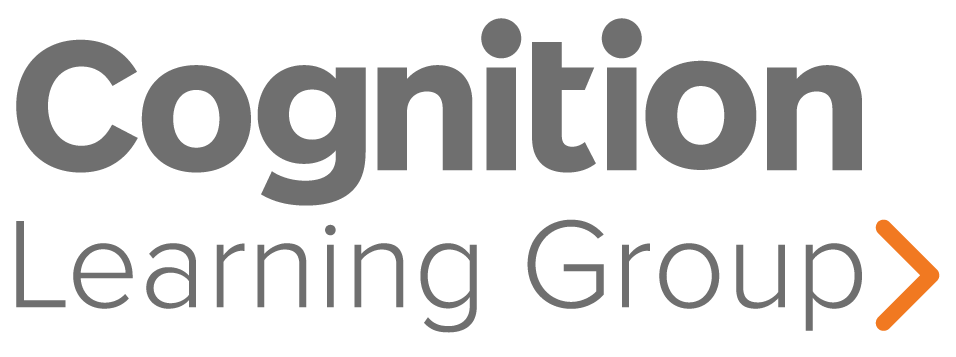Our Education Advisory Panel
Cognition Learning Group’s Education Advisory Panel is an esteemed panel made up of highly respected and internationally renowned education experts. Our panel provides valuable external perspectives to our work, enhancing our collective impact.
Education Advisory Panel
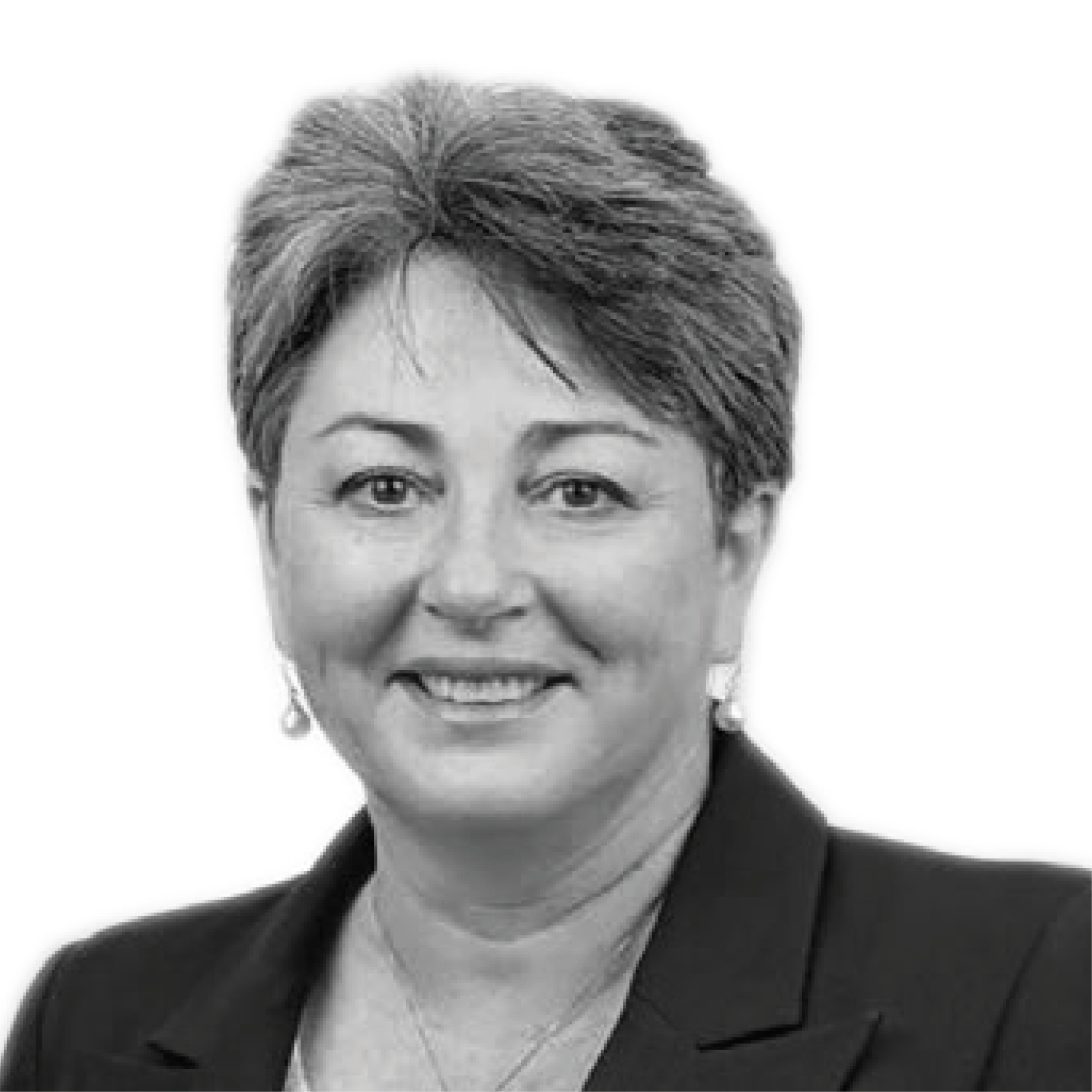
Vicki Baylis
Vicki Baylis started her career as a classroom teacher and school principal in North Queensland, Australia. She then became Executive Director within the Queensland Department of Education, responsible for all government schools in the North Queensland Region. In 2010, Vicki transitioned to the Northern Territory (NT) Department of Education, where from 2016 she was Chief Executive – with end-to-end responsibility for the education provision to 34,000 students, across 153 government schools, spread across 1.35 million square miles (geographically, about six times the size of the UK).
During Vicki’s tenure in the NT there was a significant and sustained increase in student participation, progression, and achievement – particularly for marginalised and Indigenous learners. Vicki has also served on the governing body of James Cook University; was chair of the Australian Education Senior Officials Committee (AESOC); and chair of the Aboriginal Torres Strait Islander Education Advisory Group to AESOC. She has also led the development of Territory/State-wide curriculum and assessment standards, and the implementation of school improvement processes. Her expertise is in the practical and pragmatic implementation of evidence-based approaches at scale.
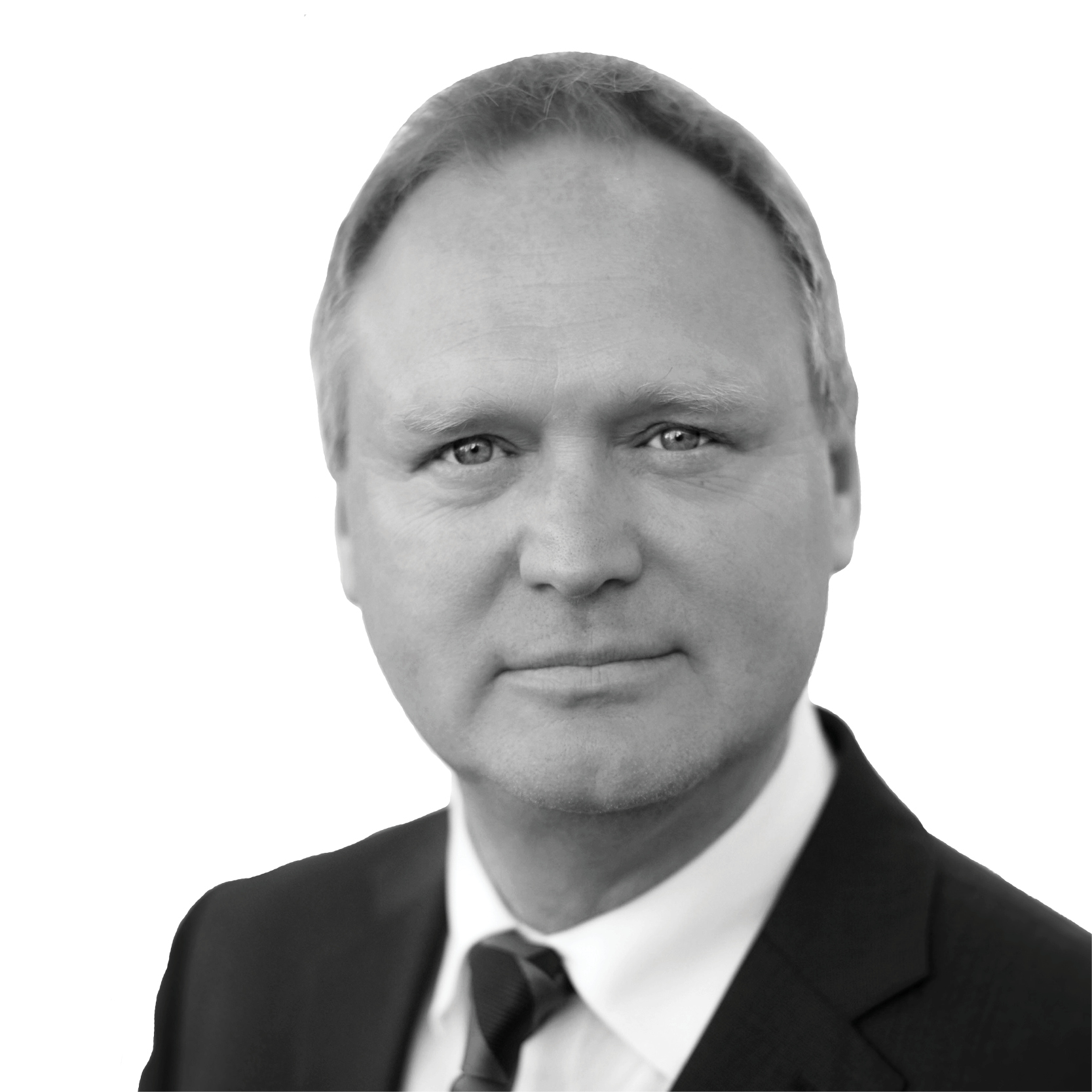
Andy Buck
Andy Buck is an author, speaker, former headteacher and director at National College, now the CEO of Leadership Matters, creator of the BASIC coaching model and founder of The StARTed Foundation and Cadogan Press.
A geography teacher by trade, Andy went on to become a headteacher for thirteen years at two schools in east London. In 2009 he become a Director at the National College for School Leadership, leading on the London Challenge programme. He was subsequently responsible for setting up the government’s flagship Teaching Schools programme for England before being appointed as Managing Director at United Learning, one of the country’s largest academy groups, with a network of 72 schools.
Since 2014, Andy has founded Leadership Matters which aims to improve the educational outcomes for pupils by supporting great leadership development. His UK board memberships have included the Teacher Training Agency, the National College for School Leadership, Partnerships for Schools, the Teacher Development Trust, and the Teaching Awards. He was also the Chair of the Education Committee of the education charity, Ambition School Leadership, which was formed from the merger of Future Leaders and Teaching Leaders.
Andy has written seven leadership and coaching books including: BASIC Coaching: An Introduction to the BASIC Coaching Model; Honk! When teams come together, organisations fly; and Leadership Matters.
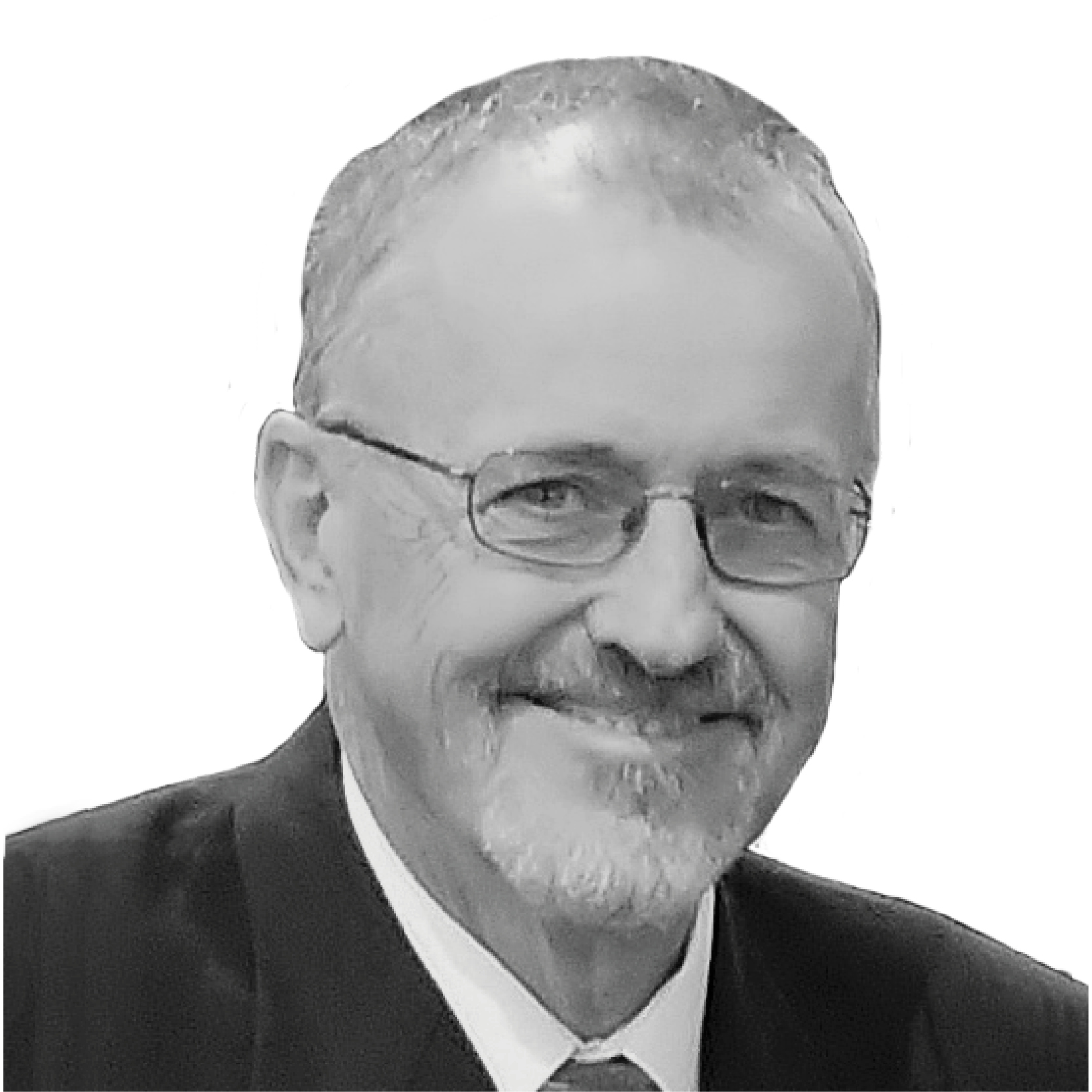
Professor Russell Bishop
Prof. Russell Bishop is Emeritus Professor for Māori Education in the Faculty of Education at the University of Waikato, New Zealand. He started his career as a secondary school teacher in New Zealand, before progressing into education research and its applications at scale.
Over the last two decades, his research has focused on enhancing outcomes for marginalized learners – particularly those from indigenous backgrounds. One of his core areas of focus has been on supporting teachers to develop culturally responsive, trusting and family-like relationships with all learners. Russell was director of the landmark Te Kotahitanga Research and Professional Development Project, which piloted, evaluated, iterated, and scaled programs to enhance outcomes for indigenous learners in New Zealand. He has also advised on similar large-scale initiatives in Australia and Canada. A second area of focus has been on effective approaches and processes for scaling up education reform. Dr. Bishop’s landmark publications include: Scaling up Education Reform: Addressing the Politics of Disparity; Culture Counts: Changing Power Relationships in Classrooms; and Teaching to the North-East: Relationship-based learning in practice.
In the 2016 New Year Honours, Dr. Bishop was appointed an Officer of the New Zealand Order of Merit for services to Māori and education.

Dr Peter DeWitt
Dr Peter DeWitt is a former K-5 teacher (11 years) and principal (8 years). He is a school leadership coach who works with schools, districts, and systems to enhance outcomes for all learners. Peter has supported school improvement initiatives across North America, Australia, Europe, Asia, the Middle East, and the U.K. His core areas of expertise are instructional leadership; leadership coaching; collective efficacy (teachers and leaders); as well as school leader mental health.
Peter writes the Finding Common Ground column for US publication Education Week, which has been in circulation since 2011. In 2020 DeWitt co-created Education Week’s A Seat At the Table where he moderates conversations with experts around the topics of race, gender, sexual orientation, research, trauma and many other educational topics. He is also Series Editor for the Connected Educator Series and the Impact Series (both Corwin Press) that include books by Viviane Robinson, Andy Hargreaves, Pasi Sahlberg, Yong Zhao and Michael Fullan. His own books include: Instructional Leadership: Creating Practice Out Of Theory; Coach It Further: Using the Art of Coaching to Improve School Leadership; and School Climate: Leading With Collective Teacher Efficacy.
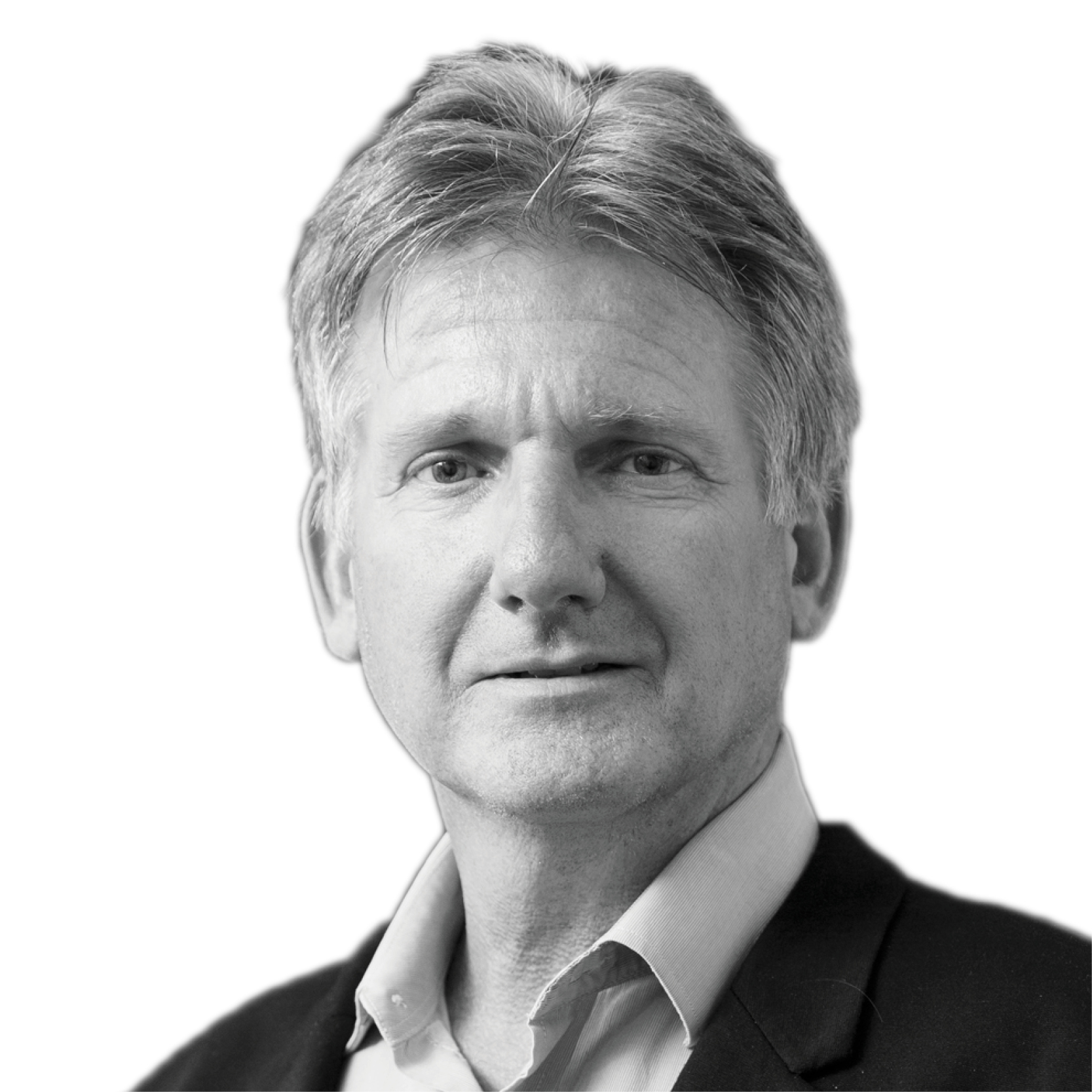
Dr Gregory M. Donoghue
Dr Gregory Donoghue is a research fellow at the University of Melbourne Graduate School of Education, and an independent consultant in the Science of Learning. He completed his PhD under the supervision of Laureate Professor John Hattie, exploring the contribution of neuroscience to education, that is – how knowledge of the brain can (and can not) inform educational practice. Together with Professor Hattie, he undertook the seminal super-synthesis of learning strategies that are effective at surface, deep, and transfer stages; and motivational variables related to thrill, will and skill and their impact on learning.
Greg continues to lecture, research, and teach in the field of Science of Learning, particularly in the area of student wellbeing. Prior to entering education research, he worked extensively in the area of children’s wellbeing, having served in Victoria as a senior police detective and child protection investigator, and most recently in the field of wellbeing education.

Dr Jenni Donohoo
Dr Jenni Donohoo is a researcher, educational consultant, and program evaluator. She also works with systems, school leaders, and teachers around the world to support high-quality professional learning. She is a four-time best-selling author and professional learning facilitator with more than 20 years’ experience in leading school change. As the Director of the Jenni Donohoo Center for Collective Efficacy, Jenni has supported education improvement initiatives across North America, Europe, and Oceania. She has a PhD in Educational Studies and (Canadian) Supervisory Officer Qualifications. Jenni has also taught in elementary, secondary, and post-secondary schools in Canada.
Her books include Collaborative Inquiry for Educators: A Facilitator’s Guide to School Improvement, The Transformative Power of Collaborative Inquiry: Realizing Change in Schools and Classrooms (co-authored by Moses Velasco) and Collective Efficacy: How Educators’ Beliefs Impact Student Learning.
Jenni’s peer-reviewed research focuses on collective efficacy, and metacognition in adolescent students. Her recent system-level work includes consultancy with the Council of Ontario Directors of Education to enhance the quality of professional learning and collaboration in schools and districts. Jenni is also the past president of Learning Forward Ontario.
.
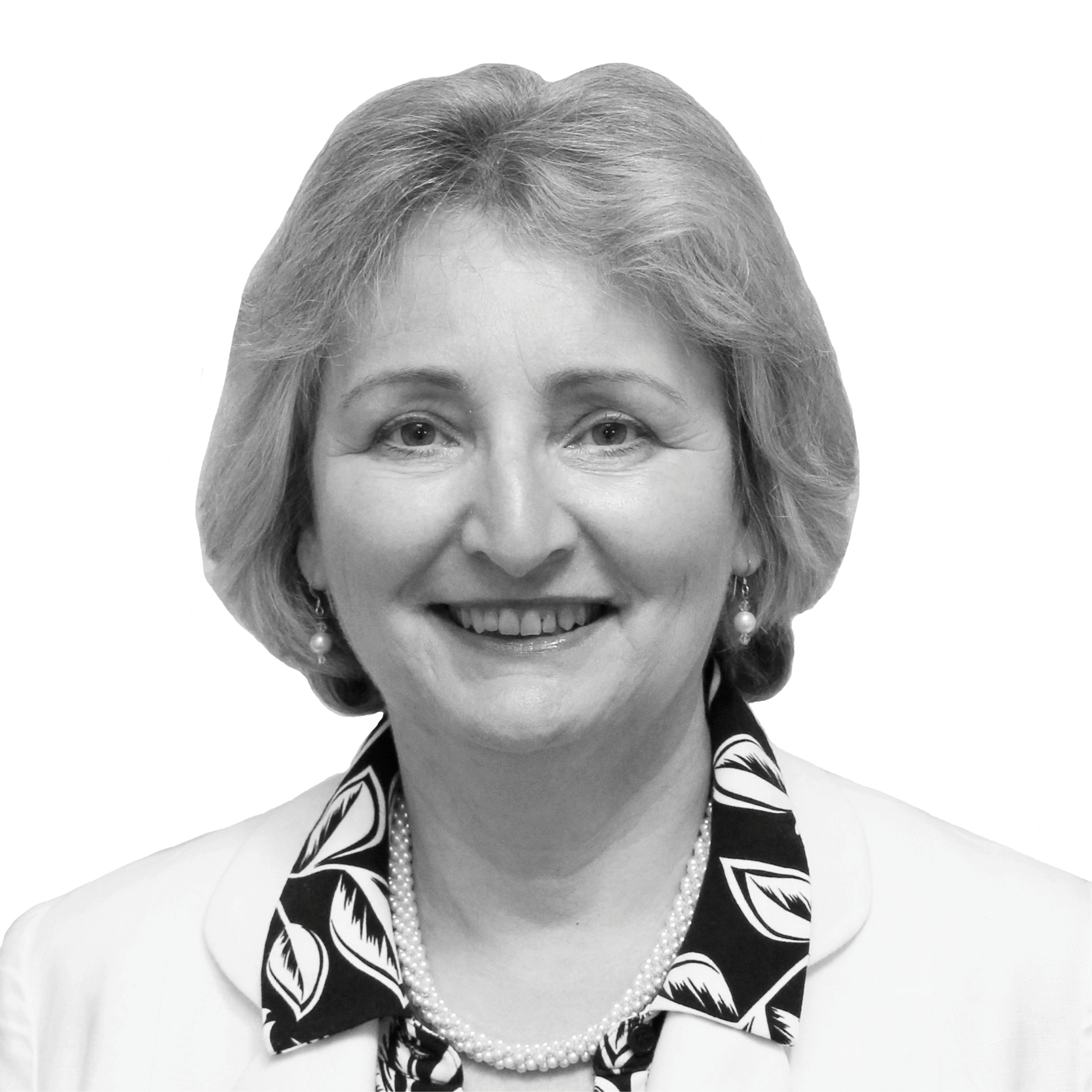
Professor Deborah Eyre
Prof. Deborah Eyre is the Founder and Chair at High Performance Learning (HPL), an innovative cognition-based style of education which re-imagines what is possible through education and transforms schools so that almost everyone performs highly and students learn the skills to be able to perform well in school and in their later lives.
Her career has included a variety of senior leadership posts both globally and in UK as well as providing consultancy advice to governments, schools, universities and educational foundations in UK, Hong Kong, South Africa, Kingdom of Saudi Arabia, USA, and Singapore. Prior to founding HPL she was Global Education Director for Nord Anglia Education (2010-14); and before this, Professor of Education at Warwick University. Deborah has been granted the status of Liveryman of the City of London, is a Fellow of the Chartered College of Teachers and the Royal Society of Arts and is attached to St Hugh’s College, Oxford University.
A widely published author in the area of advanced cognition, her most recent books include: High Performance Learning: How to Become a World Class School; and Great Minds and How to Grow Them. Her research and practice centres on student and teacher mindsets, deliberate practice, and elite performance.
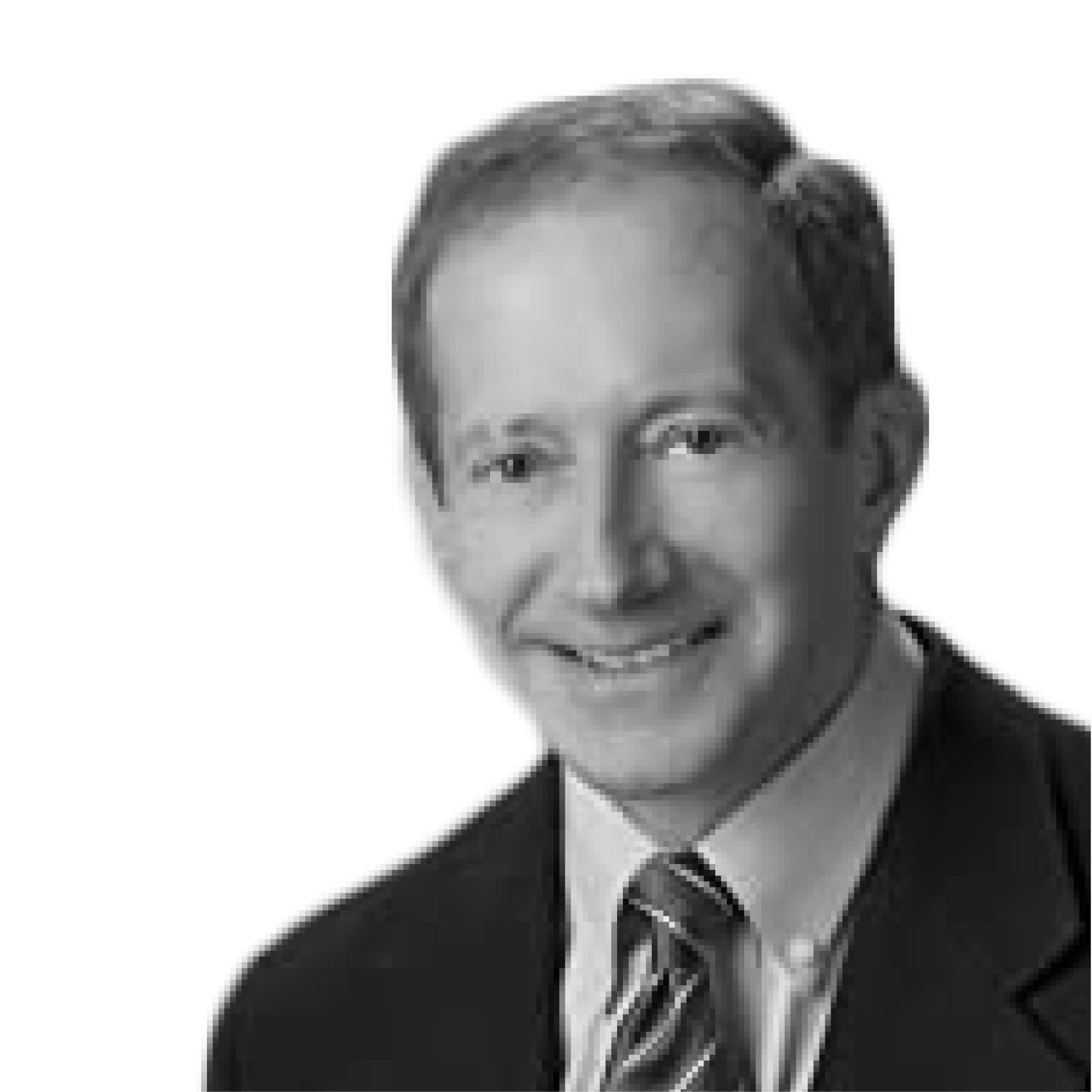
Professor Thomas R. Guskey
Prof. Thomas Guskey is Professor Emeritus in the College of Education at the University of Kentucky where he served as Department Chair, Head of the Educational Psychology Area Committee, and President of the Faculty Council. He has been a Visiting Professor at ten other universities in the U.S. and a Visiting Scholar at universities in Australia, Canada, and New Zealand. He began his career in education as a middle school teacher and earned his doctorate at the University of Chicago under the direction of Professor Benjamin S. Bloom. He served as an administrator in Chicago Public Schools before becoming the first director of the Center for the Improvement of Teaching and Learning, a national research centre.
Tom is the author/editor of 25 award-winning books and more than 250 book chapters, articles, and professional papers on educational measurement, evaluation, assessment, grading, and teacher professional learning. Some of his recent books include: Get Set, Go! Creating Successful Grading and Reporting Systems; What We Know About Grading; and Evaluating Professional Development.
He served on the Policy Research Team of the U.S. National Commission on Teaching & America’s Future, and on the task force to develop the U.S. National Standards for Professional Development. His work is dedicated to helping teachers and school leaders use quality educational research to help all of their students learn well and gain the many valuable benefits of that success.
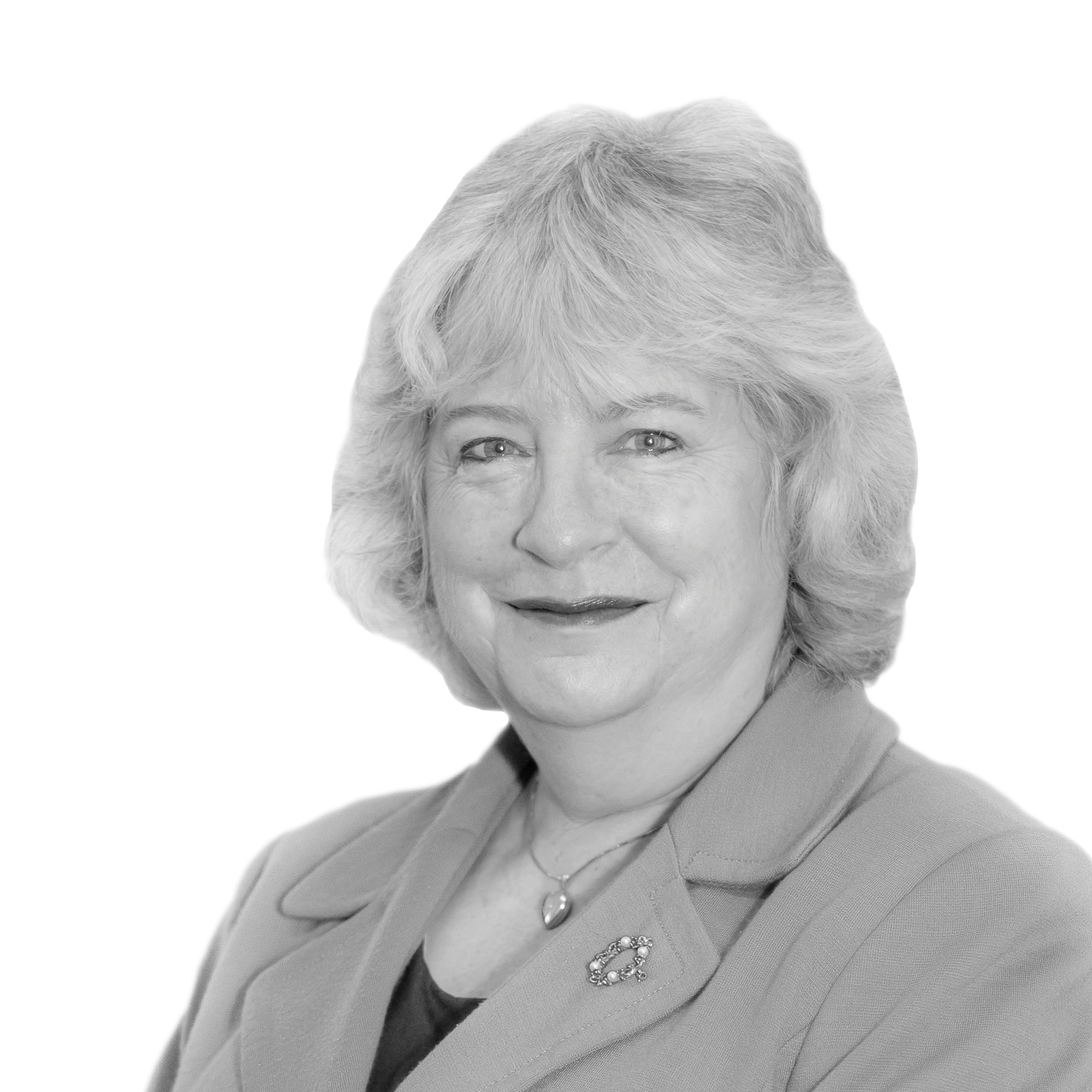
Dame Alison Peacock
Dame Alison Peacock is Honorary Fellow of Queens’ College Cambridge and of University College London. She is also visiting Professor at the University of Hertfordshire and the University of Glyndwyr. Alison leads the Chartered College of Teaching, a new professional body that seeks to bridge the gap between practice and research. She was a co-researcher and author for three ‘Learning without Limits’ books that seek to replace notions of ‘ability’ with openness and ‘transformability’ for all. Alison is a lifelong teacher and an accomplished keynote speaker.
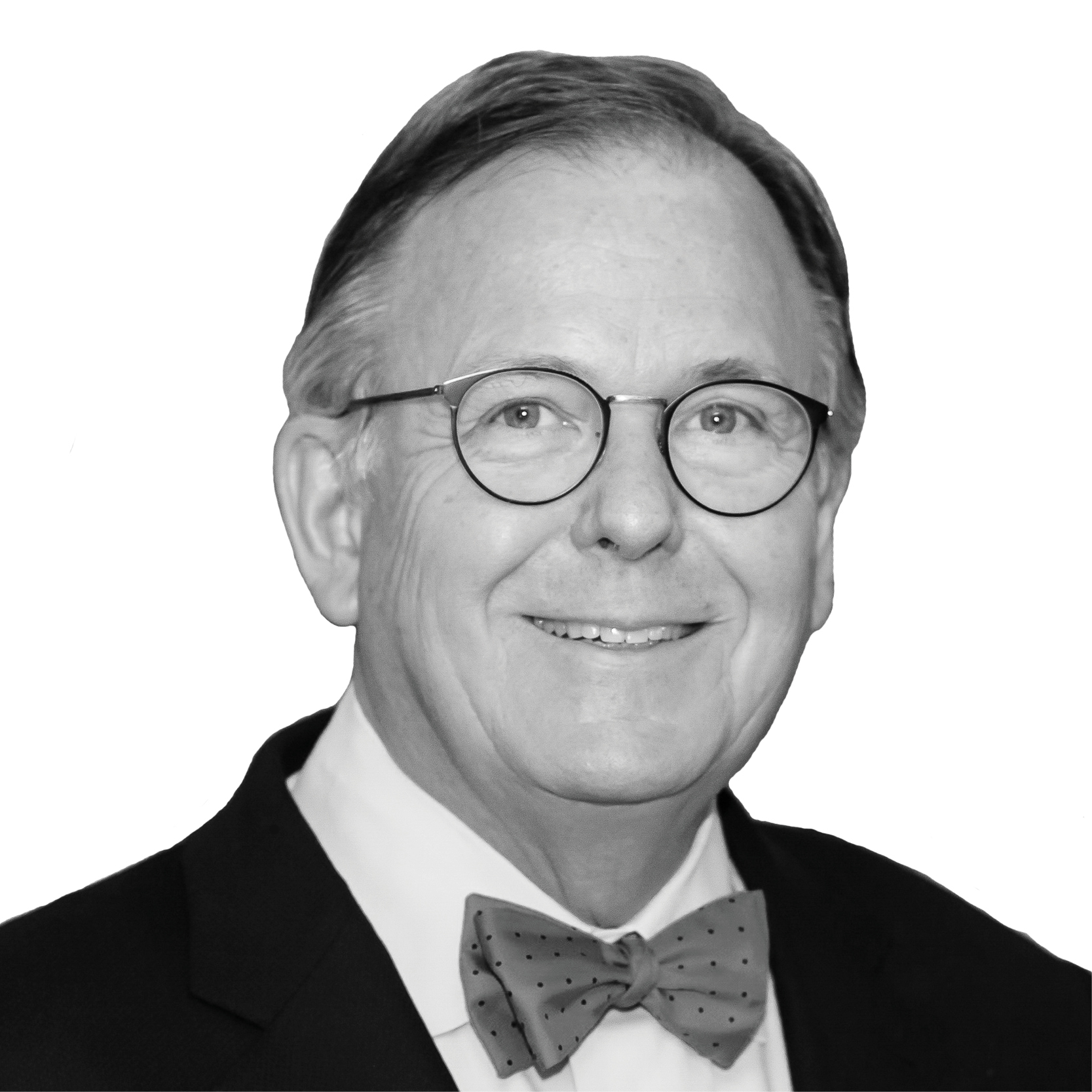
Dr Douglas Reeves
Dr Douglas Reeves is the author of more than 40 books and more than 100 articles on leadership and education. He has twice been named to the Harvard University Distinguished Authors Series and was named the Brock International Laureate for his contributions to education. His career of work in professional learning led to the Contribution to the Field Award from the US National Staff Development Council, now Learning Forward. He was also named the William Walker Scholar by the Australian Council of Educational Leaders. His recent books include Deep Change Leadership; Achieving Equity and Excellence; and From Leading to Succeeding.
Doug is the founder of Creative Leadership Solutions, with the mission to improve educational opportunities for students throughout the world using creative solutions for leadership, policy, teaching, and learning. Through this work he has worked across more than 40 countries. His volunteer activities include FinishTheDissertation.org, providing free and non-commercial support for doctoral students, and The SNAFU Review, publishing the essays, poetry, stories, and artwork of disabled veterans. Doug lives with his family in downtown Boston.
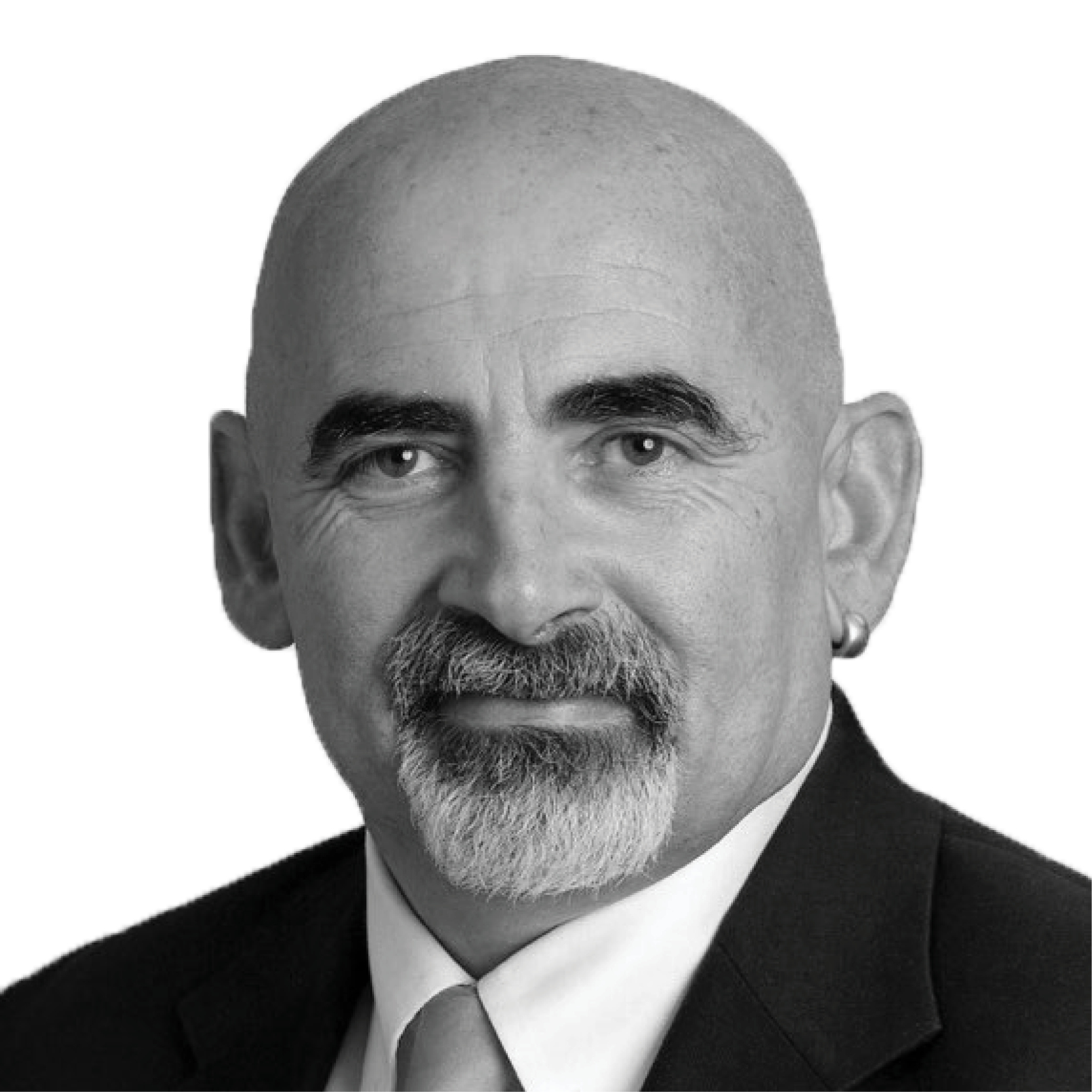
Professor Dylan Wiliam
Prof. Dylan Wiliam is Emeritus Professor of Educational Assessment at University College London. After a first degree in mathematics and physics, and one-year teaching in a private school, he taught in inner-city schools in London for seven years.
In 1984 he joined Chelsea College, University of London, which later merged with King’s College London. From 1996 to 2001 he was the Dean of the School of Education at King’s, and from 2001 to 2003, Assistant Principal of the College. In 2003 he moved to the USA, as Senior Research Director at the Educational Testing Service in Princeton, NJ. From 2006 to 2010 he was Deputy Director of the Institute of Education, University of London.
Over the last 20 years, Dylan’s academic work has focused on the use of assessment to support learning (sometimes called formative assessment). He was the co-author, with Paul Black, of a major review of the research evidence on formative assessment (Inside the Black Box) and since then has worked with groups of teachers all over the world on developing formative assessment practices. Prof. Wiliam’s recent books include Creating the Schools Our Children Need; and Leadership for Teacher Learning. With Siobhan Leahy, he also developed the Embedding Formative Assessment Professional Learning Community model, which has been successfully implemented by thousands of schools across the UK, Australia, New Zealand, and North America.
